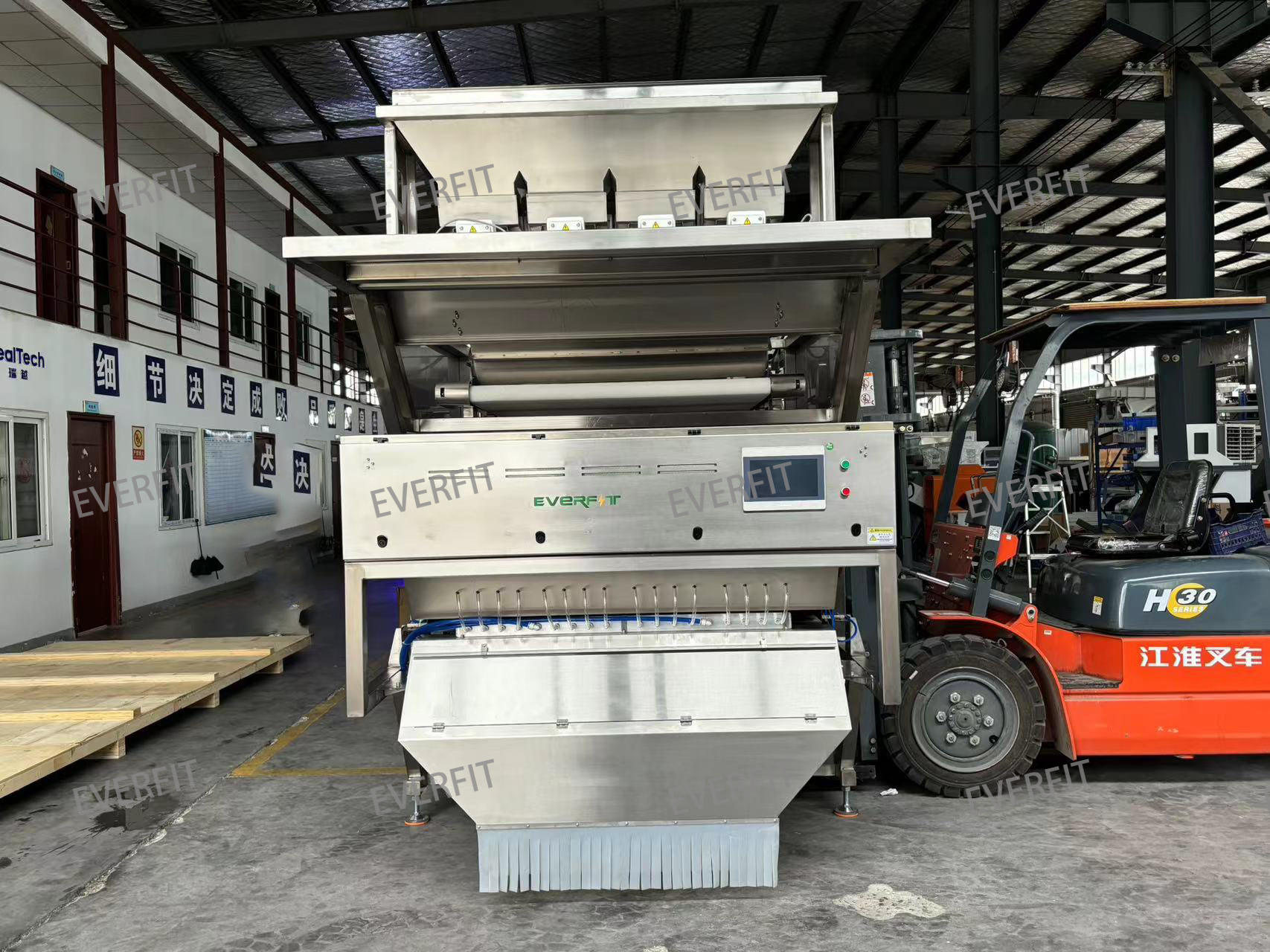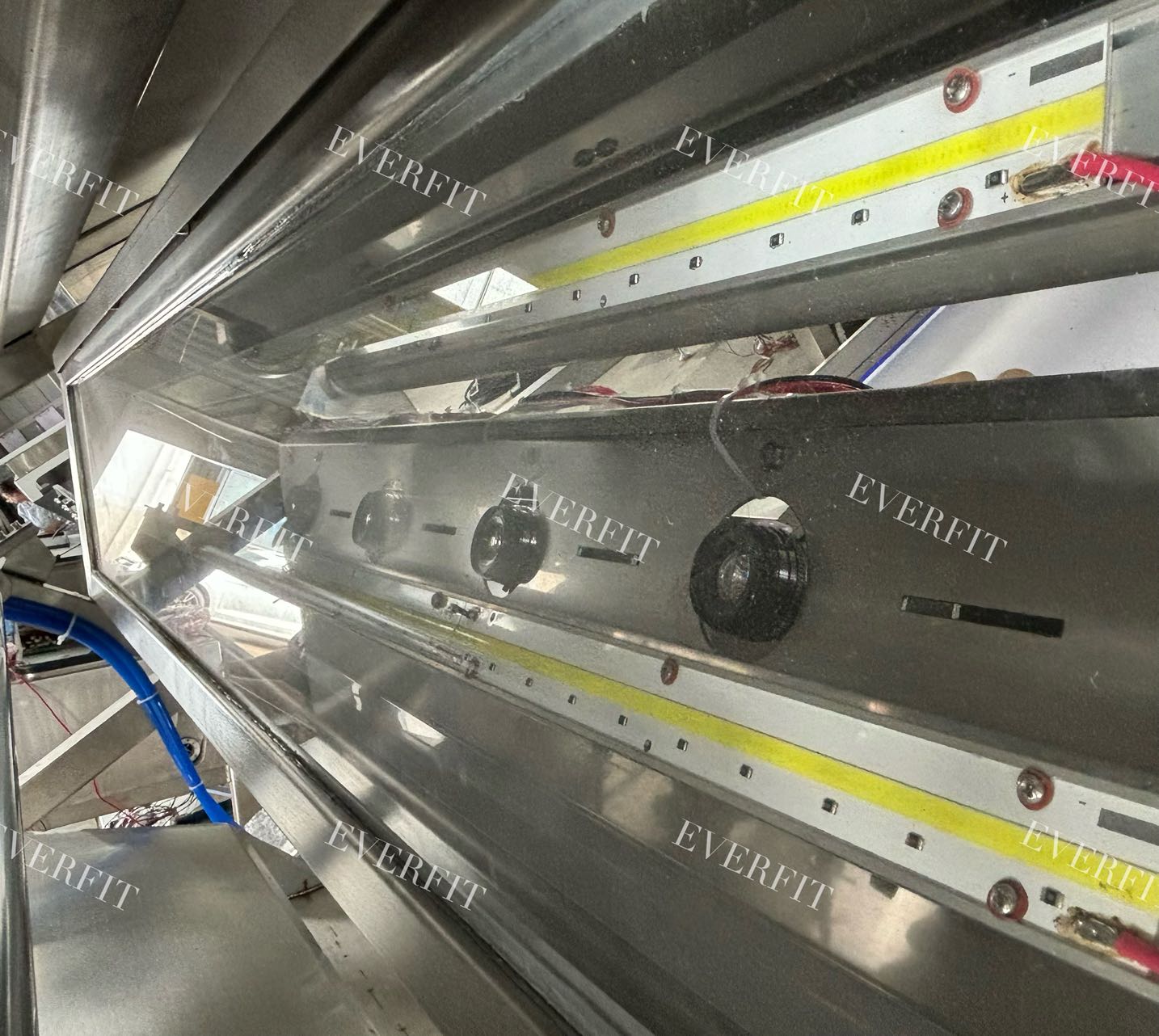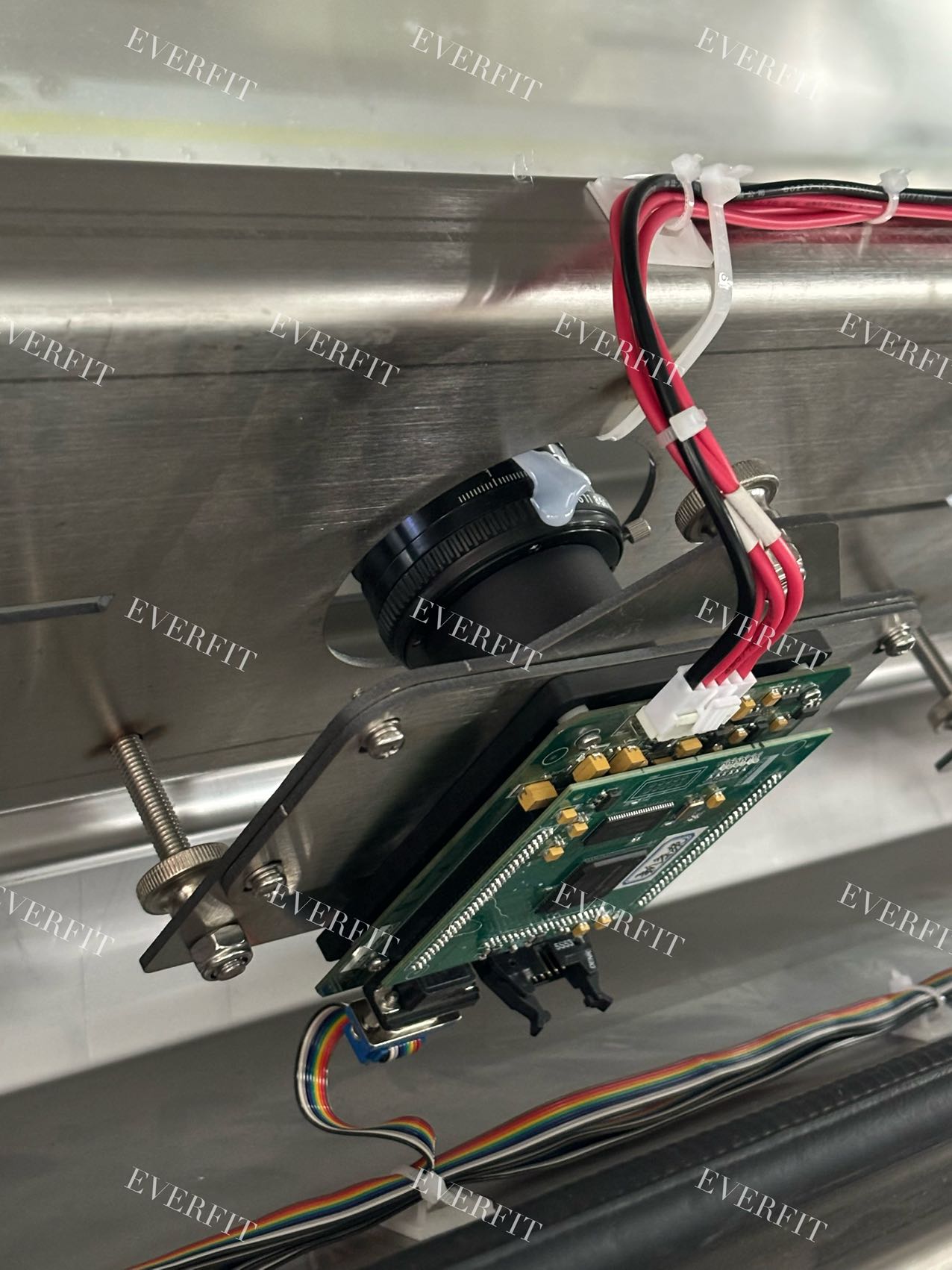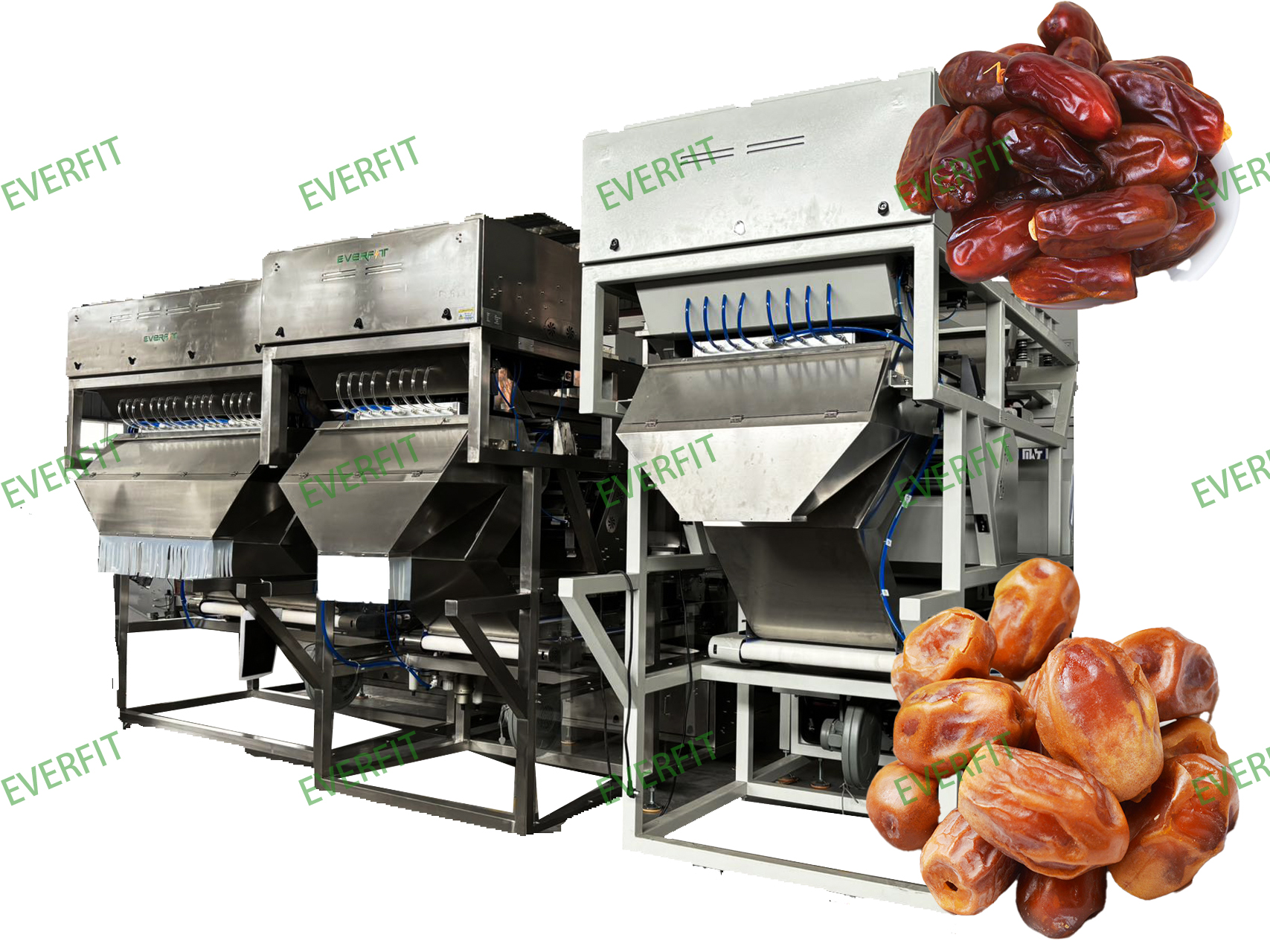The importance of AI sorting machines in the food industry is multifaceted, addressing various challenges and enhancing operational efficiencies. Here are the key points:
### 1. **Enhanced Accuracy and Consistency**
- **Precision Sorting**: AI sorting machines use advanced algorithms and machine learning to accurately identify and sort food items based on size, shape, color, texture, and even ripeness. This reduces human error and ensures a consistent product quality.
- **Quality Control**: These machines can detect defects or impurities that might be missed by human eyes, ensuring higher standards of food safety and quality.
### 2. **Increased Efficiency**
- **Speed**: AI sorting machines operate at significantly faster rates than manual sorting, increasing throughput and reducing processing times.
- **24/7 Operation**: Unlike human workers, these machines can run continuously without breaks, leading to higher productivity.
### 3. **Cost Reduction**
- **Labor Costs**: Automation reduces the need for manual labor, leading to significant savings on wages and related costs.
- **Waste Reduction**: By ensuring only high-quality products make it to the next stage of production, AI sorting machines help minimize waste and improve yield.
### 4. **Scalability**
- **Adaptability**: AI sorting machines can easily scale up operations to handle larger volumes without compromising on quality or efficiency.
- **Flexibility**: They can be programmed to sort different types of products with minimal adjustments, making them versatile for diverse food processing needs.
### 5. **Data Collection and Analysis**
- **Real-Time Monitoring**: AI systems can collect and analyze data in real-time, providing insights into the sorting process and identifying areas for improvement.
- **Predictive Maintenance**: By analyzing data patterns, these machines can predict maintenance needs before failures occur, reducing downtime and extending equipment lifespan.
### 6. **Health and Safety Compliance**
- **Regulatory Standards**: AI sorting machines ensure compliance with stringent health and safety regulations by consistently meeting quality standards.
- **Traceability**: Advanced AI systems can track and trace each product, enhancing accountability and improving supply chain transparency.
### 7. **Environmental Impact**
- **Energy Efficiency**: Modern AI sorting machines are designed to be energy-efficient, reducing the carbon footprint associated with food processing.
- **Resource Optimization**: By minimizing waste and optimizing resource use, these machines contribute to more sustainable food production practices.
### 8. **Innovation and Competitiveness**
- **Technological Advancement**: The integration of AI in food sorting represents a significant technological advancement, positioning companies as leaders in innovation.
- **Market Competitiveness**: Businesses that adopt AI sorting machines can offer superior product quality and consistency, giving them a competitive edge in the market.
### Conclusion
AI sorting machines play a crucial role in transforming the food industry by enhancing accuracy, efficiency, and cost-effectiveness while ensuring compliance with health and safety standards. Their ability to adapt to various products and processes makes them invaluable tools for modern food production, contributing to sustainability and competitive advantage in the global market.


 Mobile/Whatsapp 0086-18695800088
Mobile/Whatsapp 0086-18695800088 



